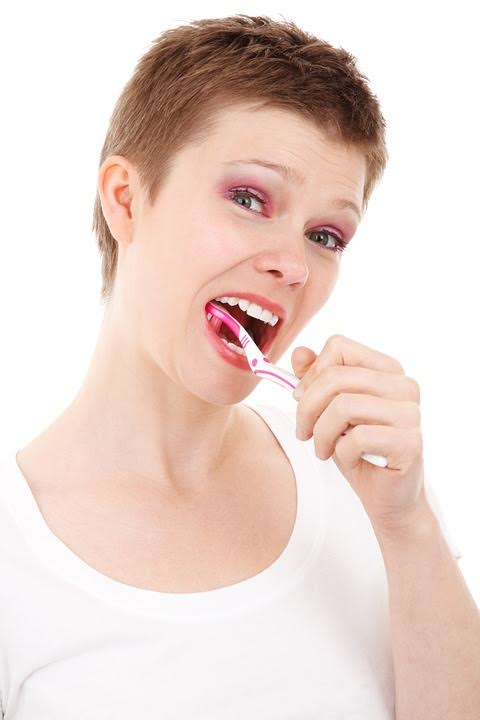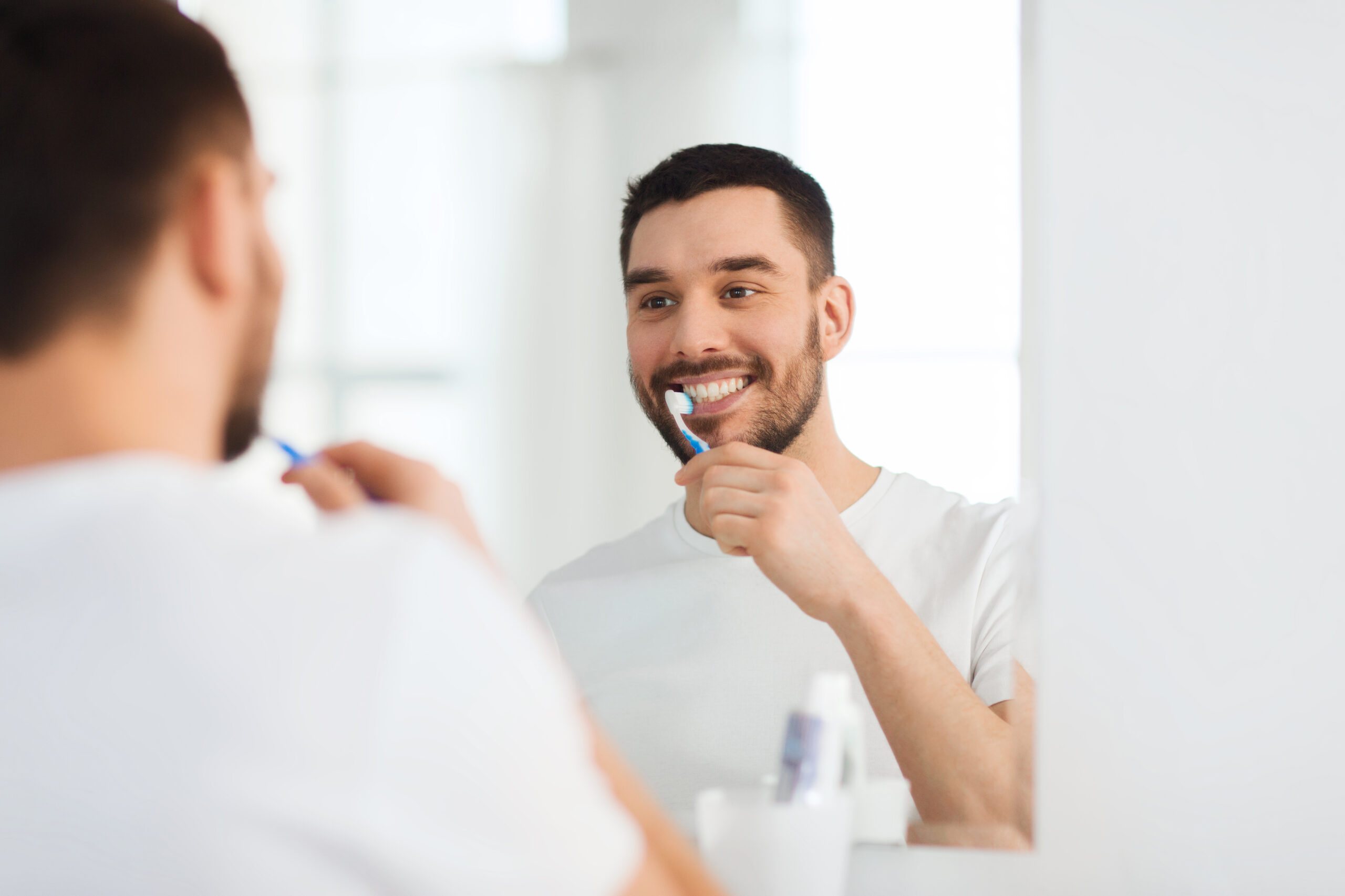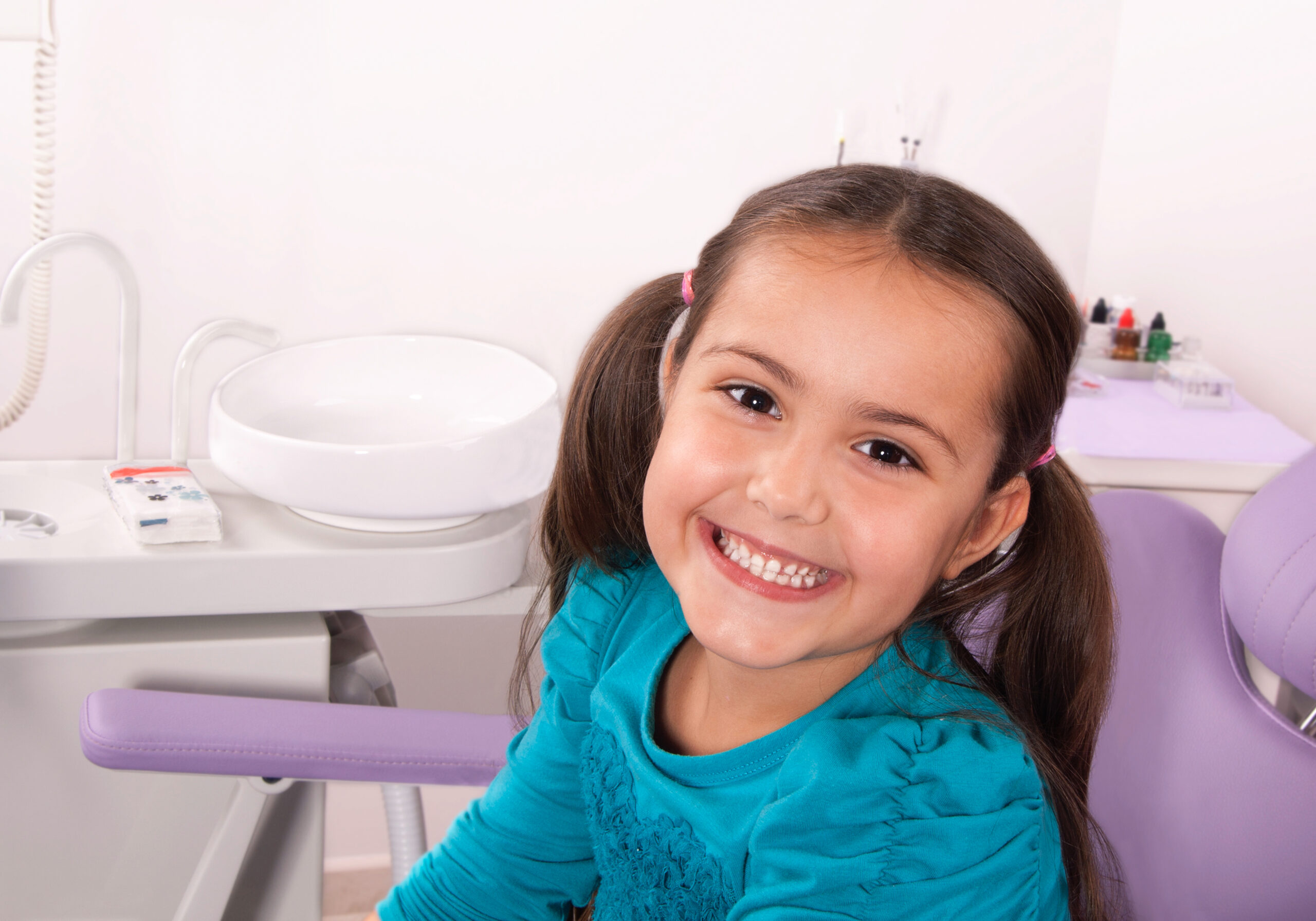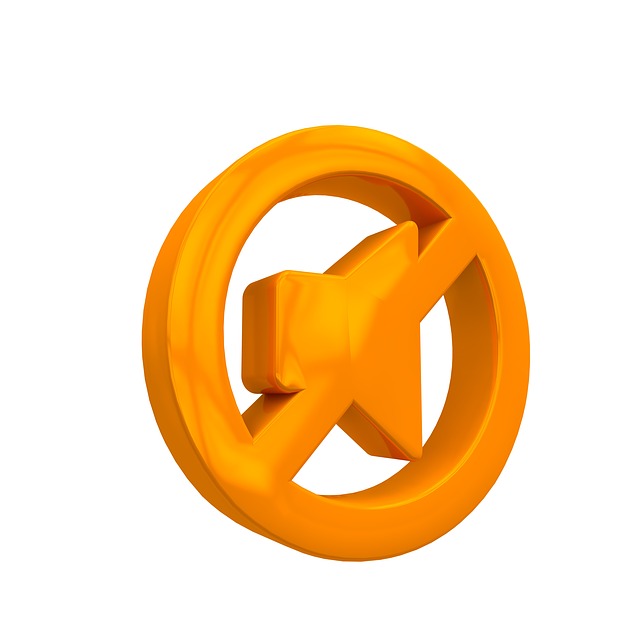If you are missing one or more teeth, our dentist may recommend a dental bridge. To help you understand what to expect, we’ve assembled a short guide to bridges.
The Purpose of a Bridge
Tooth loss can occur due to periodontal disease, injury, extraction, and other causes. When a space is left, your remaining teeth can begin to shift, leading to changes in your bite. This may also leave your gums more susceptible to damage and disease. A dental bridge may be recommended to fill the gap left by one or more missing teeth. This device may be removable or fixed, and includes one or more replacement teeth, which are anchored to neighboring teeth for stability. A dental bridge can help keep your teeth and gums healthy, covered, and functioning properly.
What to Expect
Bridges usually require two visits. During your first visit, we will prepare the surrounding teeth and take an impression that will be used to accurately fabricate the dental bridge to fit your mouth. We may provide a temporary bridge to protect your teeth and gums from damage during the fabrication process.
During your second visit, we will fit your custom-made bridge into place. At this time, we will make any needed adjustments to ensure a proper fit and full comfort. We will also discuss a plan for future visits to ensure your bridge continues to fit properly.
Caring for Your Bridge
Keep your bridge clean and in good repair by brushing twice each day and flossing daily. If you remove your bridge for sleep, keep it in water or use a denture cleaning solution. For more information on proper bridge care, ask our team.
Bridges restore your mouth and your teeth to their normal function. If you are missing teeth, schedule an appointment with our dentist in 68372. We will provide an examination and determine if you are a candidate for a dental bridge.
To schedule an appointment with our dentist, contact our Hickman, NE dental office.
















